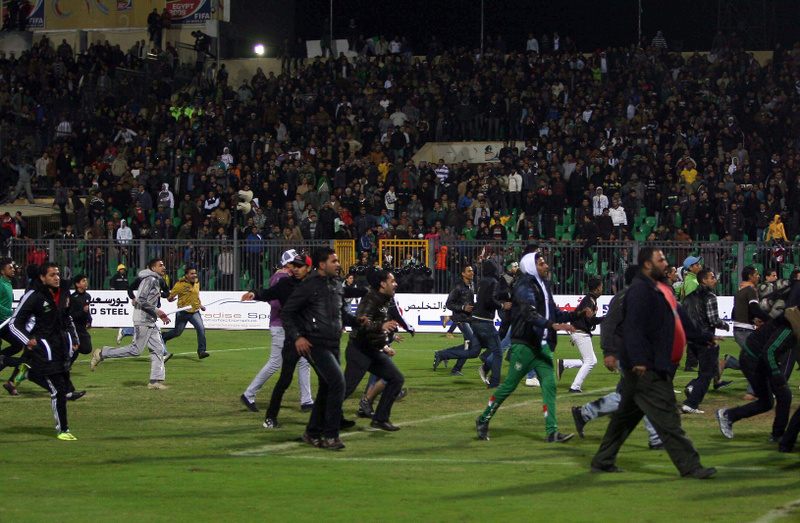Fighting erupted in South Sudan’s capital Juba on Monday between troops loyal to President Salva Kiir and ex-rebel leader Riek Macher. Former UN diplomat Peter Schumann said this may escalate into a full-scale war.
Officials at the president’s office put the death toll at 270 people since Friday. On Sunday, Kiir called for calm to end the bloodshed.
Witnesses said gunfire was heard in Gudele and Jebel suburbs of Juba, near the military barracks that hosts Machar and his troops.
Secretary General of the United Nations Ban Ki-moon said he was “shocked and appalled” by the fighting and called on both sides to stop the violence. There are fears that South Sudan could face more instability after emerging from a two-year civil war, which began in December 2013.
The country has seen more fighting than peace since winning independence from Sudan in July 2011.
Peter Schumann, former director of the United Nations mission to Sudan, said in a DW interview, that there are higher possibilities that this renewed fighting may escalate into a full-scale war.
DW: What do you think triggered the fighting between forces loyal to President Salva Kiir and those of Riek Machar?
Peter Schumann: There are reports that forces from outside Juba are advancing towards the capital. We had the similar thing in December 2013. Civilian are targeted because they are part of a particular ethnic group aligned to political groups, either from the opposition Riek Marchar or the government Salvar Kiir or other groups.
So, the similarities are so scary because we now know what happened after December 2013 and I think we are now sought of on a watershed. Will it really escalate again? My understanding, from what I see and what I hear from Juba, the probability that it escalates into a full scale war are much higher than that it will be stabilized.
DW: Each side claims to have been attacked by the other and no one has taken responsibility so far. Does this mean that the two leaders need a third party?
We have seen over the last two years that a third party engagement has a very limited possibility to stop the fighting.
The way the fighting started, this whole incident around the check post and then the immediate escalation beyond the check post, I think very importantly, the inability of Salvar Kiir, Riek Machar and the second vice president James Wani Igga, who happened to be together in one room [failed] to give very clear orders and stop the fighting, this leaves only one conclusion that they are not in charge of those who are really fighting.
This is sought of at the heart of the matter. A calling to the peace agreement or the sensational facility agreement, Juba was supposed to be a demilitarized zone. To bring Riek Machar to Juba associated with what you would call an arms race. Each side escalated the numbers of how many troops they should bring which basically shows us there is no confidence between the two. There is only a military balance and this balance seems to be tipping.
DW: So what do you think could be done to bring back the country to normal?
I think it needs a very radical approach. Neither Riek Machar nor Salva Kiir has demonstrated that they can bring stability back to the country. Both of them have to leave the arena. We need fresh leadership; we need a completely new setup in South Sudan.
Peter Schumann is the former director of the United Nations mission to Sudan
Interview: Eunice Wanjiru




